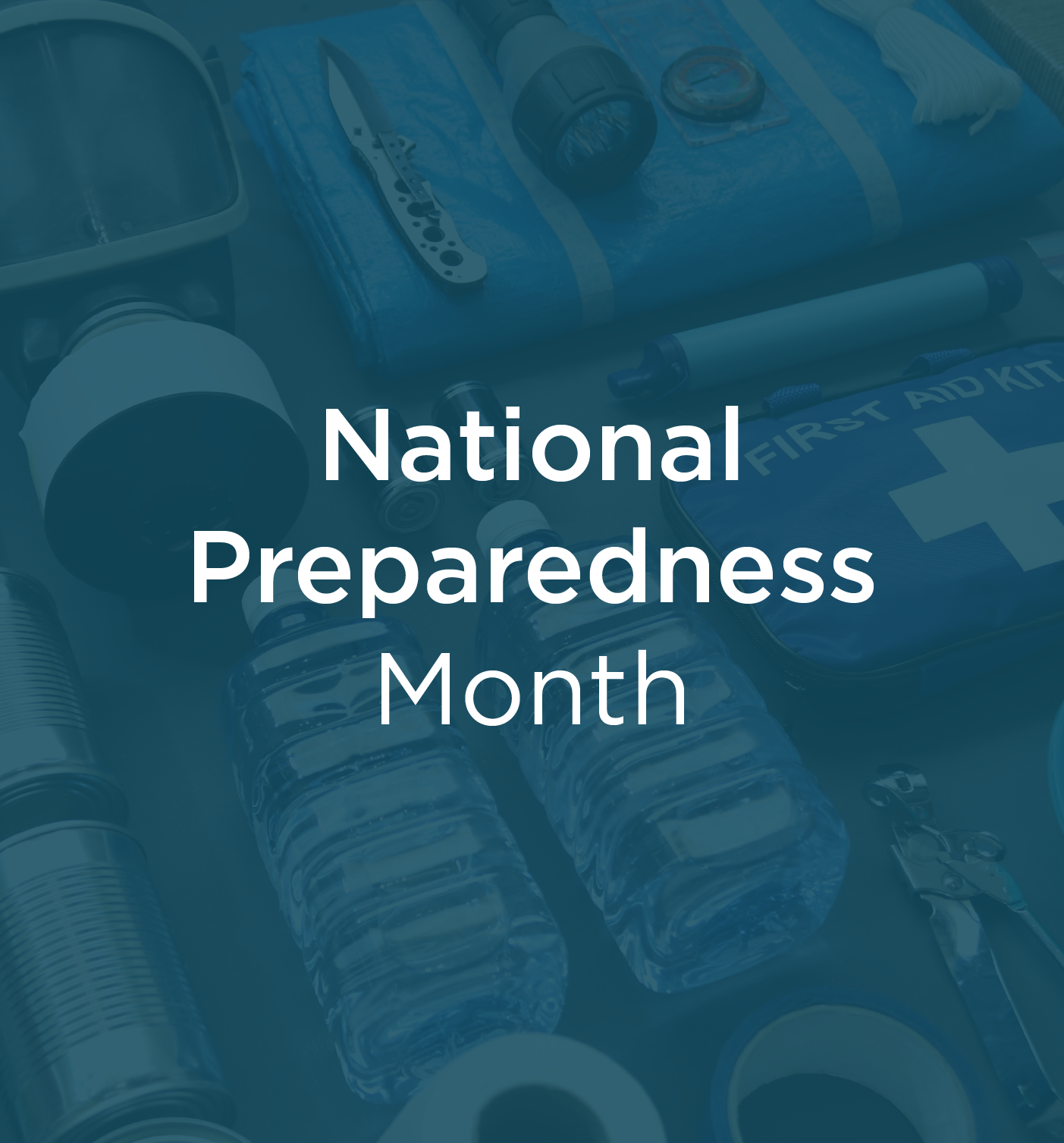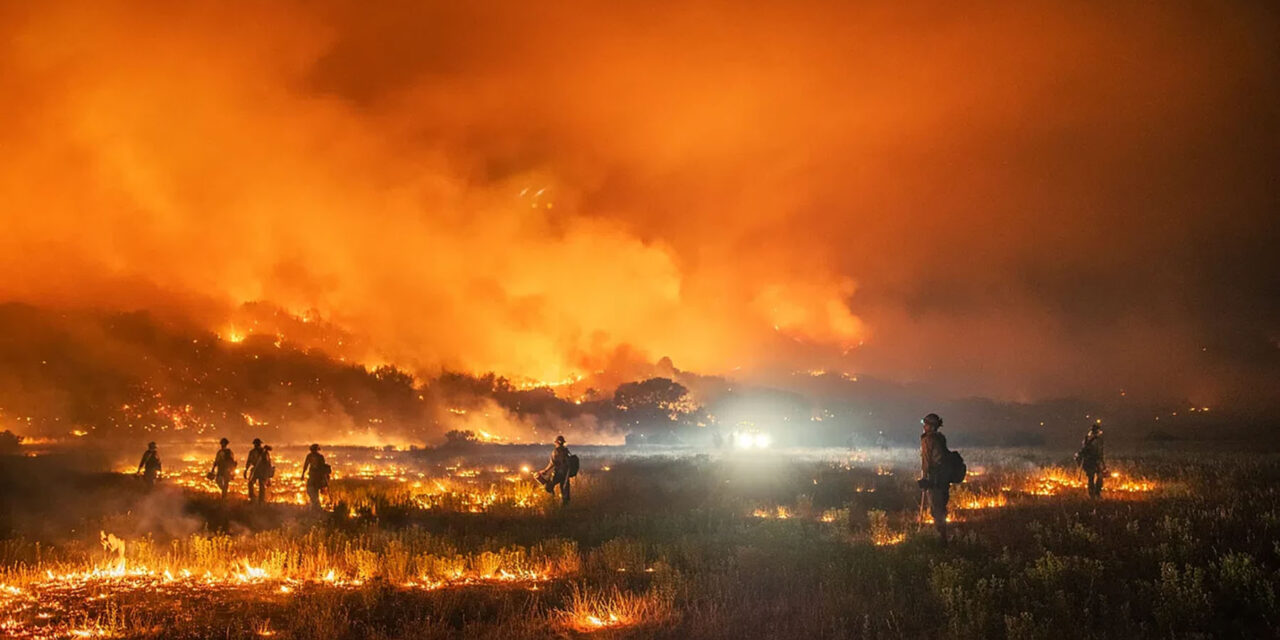Insurers Prepare for Hurricane Season
June 2nd 2023
June officially marks the beginning of Hurricane Season, and the National Oceanic and Atmospheric Administration’s estimate 12 to 17 named storms will occur this season. Of those storms, five to nine will develop into hurricanes and one to four may become major hurricanes between June 1 and November 30, 2023.
Insurers faced a record-breaking hurricane season last year with the strongest incident being Hurricane Ian, which left more than a dozen insurers insolvent. As a result, state insurance commissioners are looking to be more proactive by encouraging legislators to update regulations. In addition, they are educating insureds by encouraging them to review their policies, and plan ahead. Insurers are also investing in new technology to better predict and prepare for disasters. This includes using advanced analytics to monitor weather and other potential risks, as well as utilizing AI to automate processes and reduce manual errors.
For more information on hurricane models, register for the June 13, 2023 American Association of Insurance Services (AAIS) webinar featuring Davies’ Greg Fanoe: Hurricane Models – Creation, Usage, and Regulation.
Still Recovering from Last Season
Insurers in several southern states continue to recover from last hurricane season. FEMA’s National Flood Insurance Program (NFIP) has paid over $3.9 billion to more than 48,000 policyholders. As of May 2, about 95% of the nearly 48,000 claims in Florida, North Carolina, and South Carolina had been closed. About $2.2 billion of the total claims have been paid out in Florida, with $1.7 billion in North Carolina and $22 million in South Carolina. The NFIP continues to work with local, state, and federal partners to help affected policyholders recover.
Meanwhile, two state-chartered insurance associations are forced to borrow hundreds of millions of dollars for the first time in three decades to pay hurricane claims. Borrowing in Florida and Louisiana could reach $1.35 billion. The loans will come from the U.S. Treasury, and the associations will need to pay back the loans with interest. This comes at a time when the insurance industry is already facing increased costs due to the COVID-19 pandemic.
Gearing Up for This Season
Heading into this year’s hurricane season, a new AAA survey found 1-in-5 Floridians do not prepare for storms. Also, flooding is the most common and costly natural disaster in the United States. However, the survey found that 67% of Floridians lack flood insurance. Across the country, around 60% of Americans are underinsured and those with homeowners insurance might not be sufficiently insured for hurricane or storm damage, which can range from $350 to $50,000. Additionally, not all homeowners’ insurance covers flood or wind damage. Auto insurance also doesn’t cover hurricane damage. Therefore, it is imperative individuals to review their insurance policies to ensure they are adequately insured for different types of disaster. It is also advisable to purchase separate flood insurance to provide additional coverage. Finally, it is wise to take precautions to protect your property from floods. Insurers may even offer discounts for roof upgrades to protect against lightning and hail.
Most recently, Louisiana’s Insurance Commissioner Jim Donelon encouraged residents to review their insurance coverage as part of their hurricane preparations. The Louisiana Department of Insurance suggests that homeowners find out what their deductibles are, calculate how much they would have to pay out-of-pocket in a total loss, and find out whether their policy includes replacement cost coverage. Homeowners should also find out if their policy includes additional living expenses to cover the cost of alternative accommodation if they are unable to stay in their home due to damage. They should also check if their policy covers windstorm damage and flood damage separately.
New State Regulations
As previously referenced in the blog posts “Four Key Takeaways from Florida’s Legislative Property Insurance Overhaul” and “Merlinos & Associates – a Davies Company is praised by Louisiana Insurance Commissioner During Special Legislation Session” states are enacting new legislation in advance of hurricane season. These new laws are being implemented to help protect homeowners, businesses, and insurance companies from the potential costs of future hurricanes. This includes providing incentives for insurers to actively engage in the property insurance market and ensuring that rates are fair and equitable.
Governor DeSantis signed three bills impacting Florida’s property insurance market earlier this week. The Insurer Accountability Act, which takes effect July 1, includes new requirements for more transparent claims-handling practices. To ensure carriers are complying with the state’s insurance code, insurers must also submit their claims handling instructions to Florida regulators. Financially flailing or insolvent companies can’t solicit or accept new policies, and executives, officers, and directors of these failing companies can no longer get bonuses, according to the law.
Louisiana lawmakers passed several insurance bills last legislative session. For example, Senate Bill 212 established the Hurricane Mediation Program. This is an alternative way for insureds to settle residential property claims up to $150,000 after a named windstorm event. The law is modeled after a mandatory mediation program issued by the Louisiana Department of Insurance following Hurricanes Katrina and Rita in 2005. House Bill 831 was also passed allowing insurers to provide additional living expenses in the event of a total loss to the insured’s dwelling during a covered event. House Bill 521 requires insurers to provide increased transparency for catastrophe response plans. House Bill 317 created a separate homeowners’ policy form that lists the specific amount for each deductible expressed as a percentage of the insured value of the property, or as a specific dollar amount, or both and House Bill 682 established a database of claims adjusters working in Louisiana.
Undoubtedly, hurricane season will be challenging for those living and working along the Gulf Coast. Insurers are working diligently to make sure that homeowners have the coverage they need in the event of a storm. Residents should take the time to review their policies and ensure they are adequately covered. It is also important to be prepared by having emergency supplies and an evacuation plan.
Learn more about our Property Claims Solutions.
-
September 11th 2023
When Disaster Strikes, be Prepared!
National Preparedness Month, observed every September, emphasizes the significance of proactive preparations for…
-
September 21st 2023
Weather Claims Roundup: A Look at America's Recent Natural Disasters
Americans are working overtime to try to keep pace with the natural disasters…

